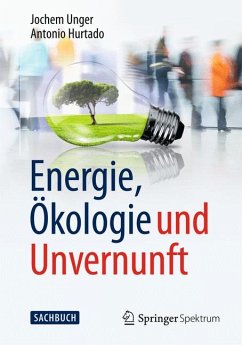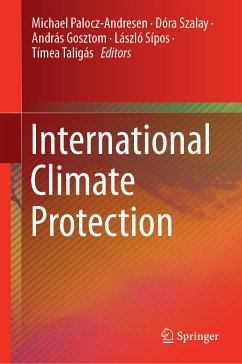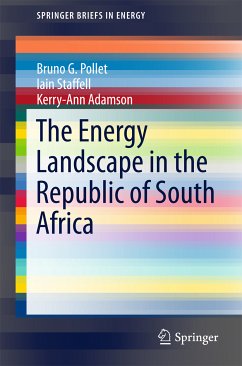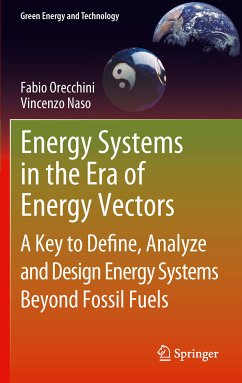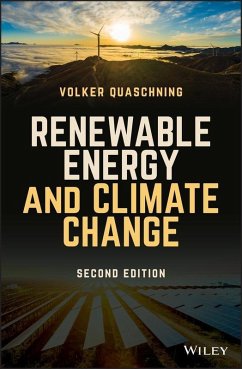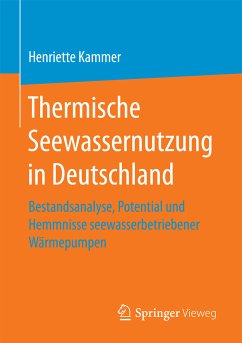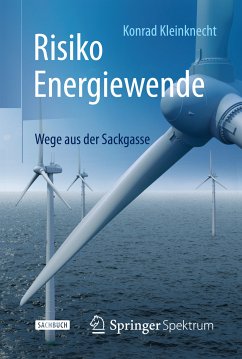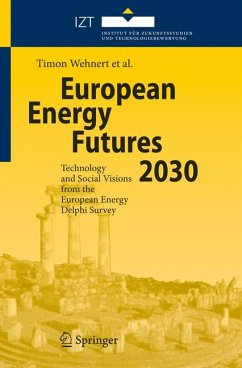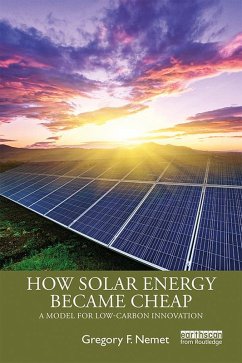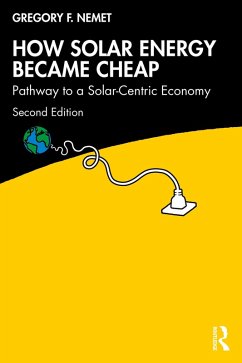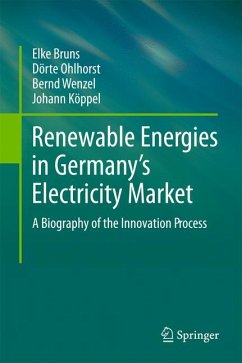
Renewable Energies in Germany's Electricity Market (eBook, PDF)
A Biography of the Innovation Process
Versandkostenfrei!
Sofort per Download lieferbar
112,95 €
inkl. MwSt.
Weitere Ausgaben:

PAYBACK Punkte
56 °P sammeln!
This cross-sectional, interdisciplinary study traces the "history of innovation" of renewable energies in Germany. It features five renewable energy sectors of electricity generation: biomass, photovoltaic, wind energy, geothermal energy and hydropower. The study tracks the development of the respective technologies as well as their contribution to electricity generation. It focuses on driving forces and constraints for renewable energies in the period between 1990 and today.
Dieser Download kann aus rechtlichen Gründen nur mit Rechnungsadresse in A, B, BG, CY, CZ, D, DK, EW, E, FIN, F, GR, HR, H, IRL, I, LT, L, LR, M, NL, PL, P, R, S, SLO, SK ausgeliefert werden.




